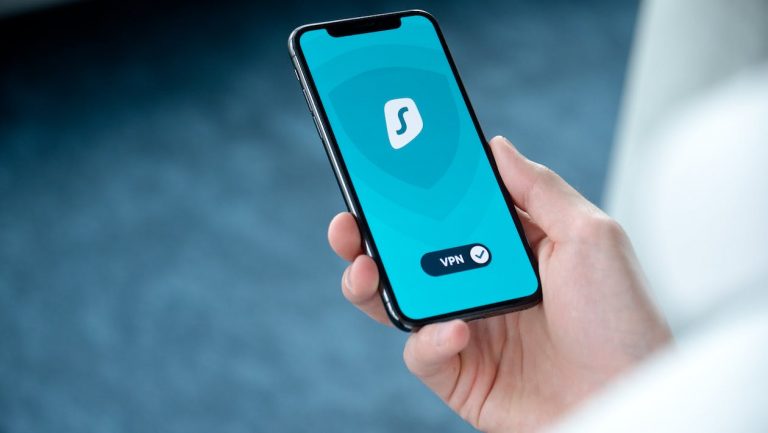
In this digital age, our online privacy is under constant threat from data breaches and cyber-attacks. As a result, it’s essential that we take steps to ensure our information remains safe and secure. It’s important to be mindful of the ways in which our personal information can be accessed, shared, and used without our consent. Here are some steps that you can take to make sure your privacy is not lost online.
1. VPN
A virtual private network (VPN) is a great way to protect your online data and browsing activity. VPNs encrypt incoming and outgoing traffic, making it difficult for snoopers or hackers to access your private data. For example, if you are looking at a VPN for Buffalo, you can set the VPN to connect to a server located in Buffalo. This will mask your real IP address and route your web traffic through the Buffalo server, providing you with additional privacy and security. Additionally, many VPN providers offer additional features such as identity protection and malware blocking. It’s important to research the features of each provider before signing up.
2. Use Secure Passwords and Two-Factor Authentication
When creating passwords, make sure to use a combination of letters, numbers, and symbols. Never reuse the same password for multiple accounts and try to avoid using any personal information like your name or address. All of this can help protect you against scammers who are trying to guess your passwords. Additionally, enabling two-factor authentication (also known as 2FA) is a great way to improve the security of your online accounts. 2FA adds an extra layer of protection by requiring you to confirm your identity with a code that is sent to your phone or email when you attempt to log in.
3. Check Your Privacy Settings
Many sites, apps, and services provide options to adjust your privacy settings. It’s important to familiarize yourself with the terms of service and privacy policy of any website you use. They should explain what data is being collected about you, how it will be used, and who has access. Make sure that you understand exactly which settings are available to protect yourself from unwanted tracking or surveillance. There may also be additional features and tools provided in the form of browser extensions or other software that offer more detailed control over what data is visible to third parties. Be aware of these features and make sure they are enabled when possible.
4. Delete Unnecessary Data
Unnecessary data can be difficult to identify and can contain personal information. Delete any documents or photos that you no longer need and make sure to empty the trash or recycle bin afterward. If you are unsure whether the data has sensitive information on it, delete it anyway—it’s always better to be safe than sorry. Also, delete any old accounts or profiles that you no longer use; if the site does not allow deletion, consider disabling the account. Additionally, keep in mind that sites such as Google and Facebook store data about you based on your past searches, so periodically delete this information.
5. Beware of Public Wi-Fi Networks
When you’re connected to a public Wi-Fi network, all of your data can be vulnerable to interception by hackers. As such, it is important to avoid sending sensitive information over public networks. If you must do so, ensure that any websites are secured with HTTPS encryption and use a Virtual Private Network (VPN) if possible. Avoid logging into accounts or accessing files while connected to an unsecured network as they may be compromised. Additionally, always make sure your device’s firewall is enabled when connecting to public Wi-Fi networks. This will help protect against malicious attacks and unauthorized access.
6. Monitor Your Credit and Bank Accounts Regularly
It’s important to stay vigilant and monitor your credit report regularly. You should also keep an eye on your bank accounts for any suspicious activity or charges. Make sure that you recognize every transaction, and if something is off or doesn’t look right, report it immediately. Additionally, be sure to sign up for two-factor authentication whenever possible—it’s a great way to add another layer of security to your online accounts. Also, when creating passwords, make sure they are unique and difficult to guess.

Securing your online privacy is essential to keeping yourself and your data safe. By following these steps, you can help ensure that your information stays private and secure. Always be sure to check the terms of service and privacy policy of any website or app before using them, and make sure to take advantage of the available security features when possible. With these tips in mind, you can stay safe online!

